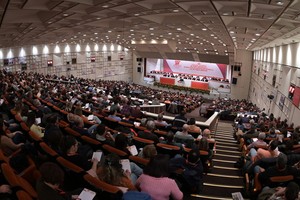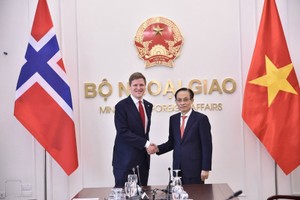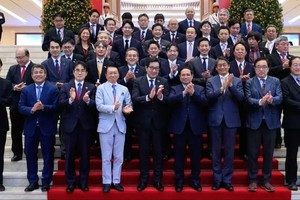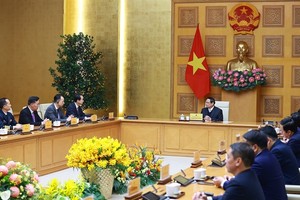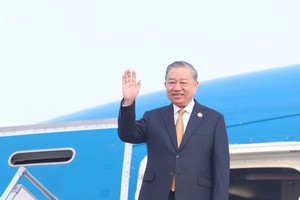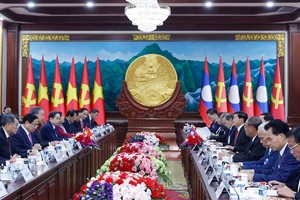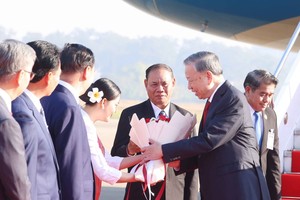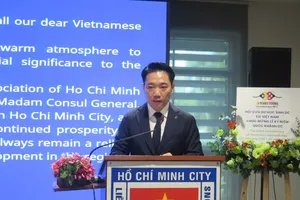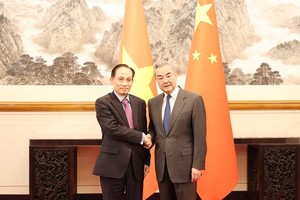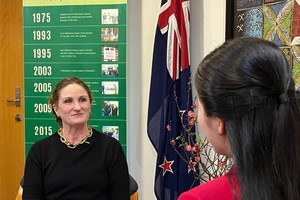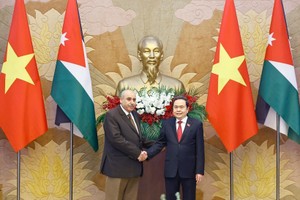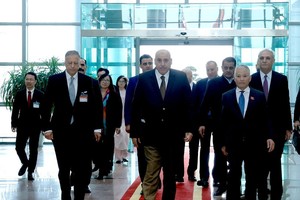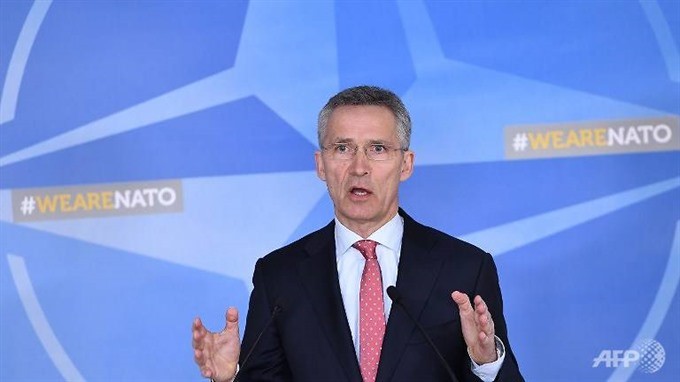
The US-led military alliance expelled seven Russian staff and denied accreditation to three more, bringing the total number of suspected Russian spies expelled to almost 150, including the 23 initially dispatched by Britain.
In an unprecedented act of coordination, at least 25 countries have echoed Britain’s action in response to the March 4 attack on former Russian double agent Sergei Skripal and his daughter in the English city of Salisbury.
British Foreign Secretary Boris Johnson said the mass expulsions were "a blow from which Russian intelligence will need many years to recover".
It "could become a turning point", he wrote in The Times newspaper, adding: "The Western alliance took decisive action and Britain’s partners came together against the Kremlin’s reckless ambitions."
Skripal, a Russian military intelligence officer imprisoned by Moscow for passing on information about Russian agents in various European countries, came to Britain in a 2010 spy swap.
Moscow has fiercely denied any involvement in his attempted murder, instead pointing the finger at London.
It responded to Britain’s expulsions with its own, and the closure of the British Council cultural organisation -- and on Tuesday promised it would hit back against the coordinated moves.
"We’ll respond, have no doubt! No one wants to put up with such loutish behaviour and we won’t," Russian Foreign Minister Sergei Lavrov said on the sidelines of a conference in Uzbekistan.
Lavrov said the coordinated response was the result of "colossal pressure, colossal blackmail" from the United States.
’Full Cold War’
Washington led the way in responding, ordering out 60 Russians in a new blow to US-Russia ties less than a week after President Donald Trump congratulated his Russian counterpart Vladimir Putin on his re-election.
Washington’s expulsions represented the largest ever of Russian or Soviet agents and came after US President Donald Trump’s predecessor Barack Obama expelled 35 in late 2016 over alleged election meddling.
The Russian embassy in Washington responded by asking its Twitter followers to vote on which US consulate should be closed, listing those in Vladivostok, St Petersburg and Yekaterinburg as options.
Trump on Tuesday discussed the spy attack with German Chancellor Angela Merkel and French President Emmanuel Macron, the White House said, and expressed "support for the West’s strong response."
Australia, Canada, Ukraine and 18 European Union states followed with smaller-scale expulsions, most recently coming from Belgium which on Tuesday evening announced the dismissal of one Russian diplomat.
"Relations between Russia and the West are entering a period of full Cold War," foreign policy analyst Fyodor Lukyanov wrote in the Vedomosti daily.
The Izvestia daily dismissed the expulsions as a "russophobic flashmob".
The Skripals remain in a critical state in hospital, and Prime Minister
Theresa May said on Monday that "they may never fully recover". — AFP/VNS
